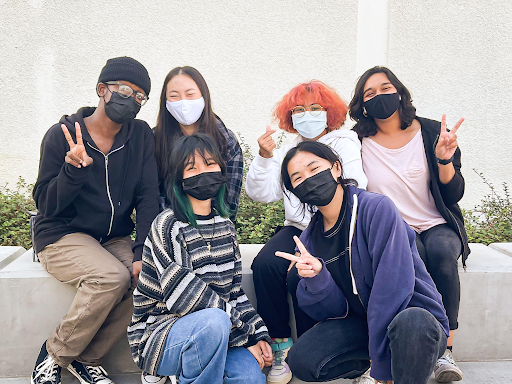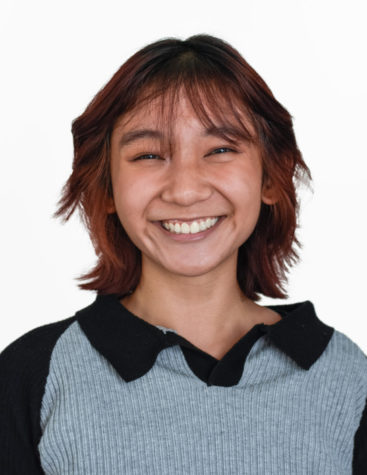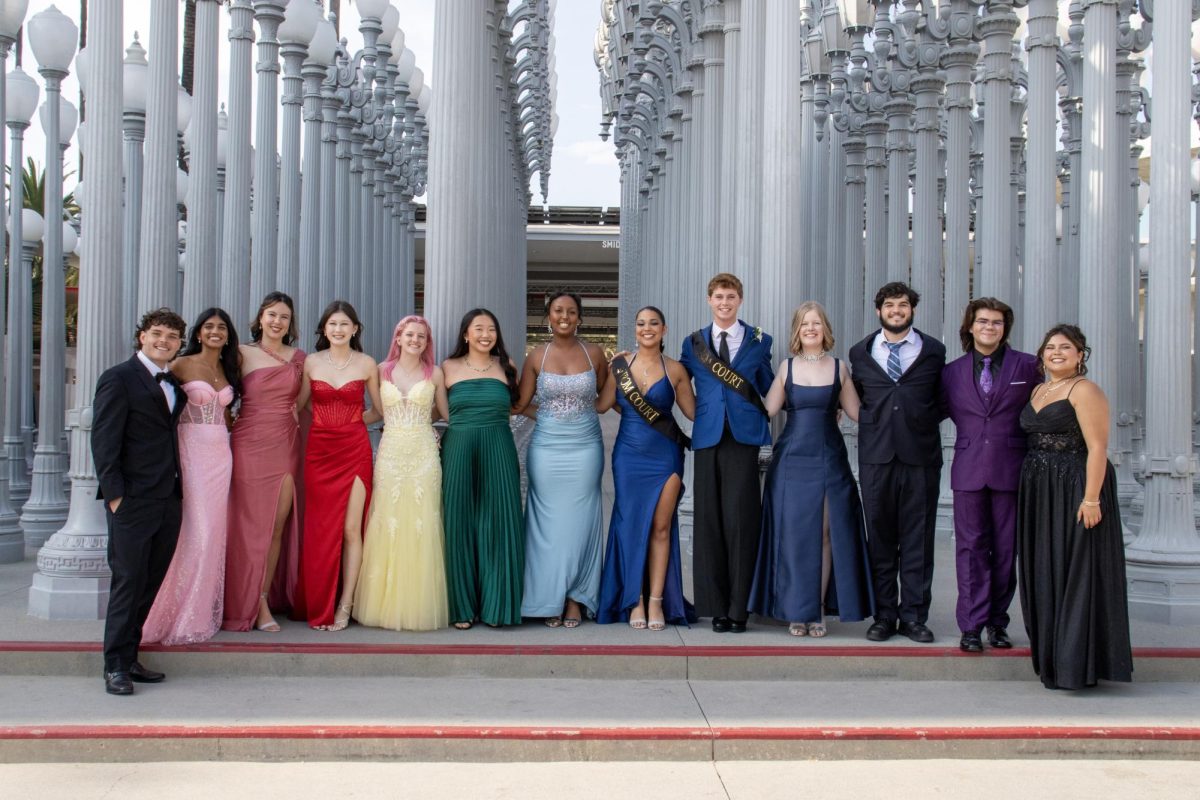Creating LGBTQ Safe Spaces in Schools

Bringing the club back to West High after a one-year hiatus, GSA/SAGE board members promise a safe, judgement-free space for LGBTQ students in school. ICC Representative Rachel Pham (11) encourages LGBTQ students of West High to join: “SAGE creates an environment for those who need to connect with people that are in similar situations. Fellow LGBTQIA+ students can help each other out by joining!” Photo courtesy of Bethany Shim (11).
October 13, 2021
Every first and third Friday of the month, dozens of students fill Room 3204 of West High to the brim, coming together as GSA/SAGE (Gay-Straight Alliance/Sexuality and Gender Equality). Though categorized as a “special interest club,” GSA/SAGE holds meetings that to most members involved, are not just a special interest, but a safe, judgement-free space to be able to express themselves.
Safe spaces like these are extremely important for LGBTQ-identifying youth. High school is widely known for its demanding social standards. However, for queer students already struggling with finding comfort in their identities, the school environment becomes even more frightening.
LGBTQ struggles such as internalized homophobia tend to worsen when surrounded by the infamous pressure to conform in high schools. The U.S. National Library of Medicine’s study on internalized homophobia defines the term as the person’s “direction of negative social attitudes toward the self” which can further “lead to the rejection of one’s sexual orientation.” Internalized homophobia is a direct result of the denormalization of and stigma behind homosexuality in society, and prevents LGBTQ individuals from feeling welcome and seeing themselves as equals.
As society grows its awareness of the struggles of queer youth, it’s also important to make a considerable effort to relieve them of these struggles as much as possible. The integration of LGBTQ safe spaces in schools is especially important, as it provides students with the comfort of a loving community within an environment where these issues tend to heighten.
Luckily, West High now has GSA/SAGE as a place for LGBTQ students to turn to. This year, the club began meeting and conducting activities again after a year-long hiatus. GSA/SAGE president Felix Padi (11) explains that LGBTQ students in schools “might feel like [they] can’t be [themselves].” This was one of the main reasons Padi decided to bring GSA/SAGE back to West, expressing the importance of “letting everyone know that they’re not alone, and that there are people in the same school that are going through the same experiences.”
“It’s not every day you have a room full of people who can understand your struggles that specifically coincide with things the LGBTQ community struggles with,” GSA/SAGE vice president, Kalia Ro (11), commented. “Especially for students who are a part of the LGBTQ community, SAGE offers a space where they can talk about whatever they want to, and can be understood by their peers.”
These environments are essential towards helping queer students feel more comfortable freely expressing themselves – an overlooked privilege in our heteronormative society. Ro adds that they are also “a really good resource to have for those who struggle with everyday problems both at home and at school.”
All students, LGBTQ community members and allies alike, are encouraged to join GSA/SAGE to help build a strong safe space for LGBTQ students at West.
*The opinions expressed in our Opinion articles are the author’s own and do not necessarily express the views of the Signals Staff or West High as a whole.




